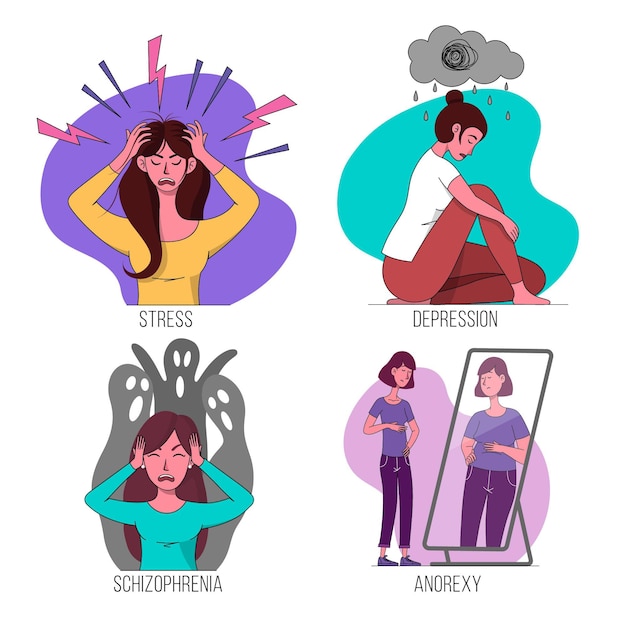
Ever felt like you’re the center of attention and it made you feel nervous? Ever had trouble breathing or felt frozen with fear? Or maybe you had clammy hands and a knot in your stomach before some big event? All these can be signs of a panic attack, which can be incredibly tough for some people to get through.
So what is a panic attack, you wonder? Think of it like a sudden, unexplained burst of intense fear that something bad is about to happen. People often mistake the physical signs to be a heart attack, because it can cause similar symptoms like chest pain, shortness of breath, cold sweats, feeling hot, queasiness, funky heartbeats, dizziness, or a tingling feeling in your face and limbs.
When you’re in the middle of a panic attack, it can feel like everything is going haywire. Although most panic attacks usually peak within 10 to 20 minutes, they can sometimes last for a few hours or more, changing in severity throughout.
Panic attacks can be caused by all sorts of things. Some might be more prone to them because of their genes, while others might have panic attacks after something really stressful or upsetting happens. Even enjoyable events like weddings, job interviews, meeting your partner’s family, or major exams can trigger panic attacks. Long-term drug or alcohol use is another potential cause.
If you’re dealing with mild panic attacks, practicing mindfulness and deep breathing can help you shift your focus away from the panic. Engaging in hobbies that you enjoy can also help. If the panic attacks are more severe, it could be helpful to seek professional help. Mental health therapists can help you understand what’s causing your panic attacks and teach you how to manage them.
For treatment, therapists might suggest reducing caffeine and sugar, exercising more, eating healthily, and trying cognitive behavioral therapy. Sometimes, they might suggest medicine, too. There are different types like serotonin inhibitors often used for depression, or others like benzodiazepines and beta-blockers, which help to reduce the intensity of panic attack symptoms as they happen. Techniques like mindfulness along with traditional treatments can be really helpful in managing panic attacks.
Panic attacks can be very scary, sometimes even paralyzing. But the good news is you don’t have to handle them alone. Getting help from a professional can make them a lot more manageable and hopefully, less frequent. Just remember, it’s okay. Take a deep breath, and remind yourself this will pass.
One last thing to keep in mind, sometimes, we create stress by wanting everything to go exactly our way. We can help reduce panic and anxiety by accepting that we can’t control everything and that it’s okay if things don’t go exactly how we planned. It doesn’t mean it’s the end of the world. It might be tough, but try not to stress about what might go wrong. Letting go of this kind of thinking can lead to a more worry-free life.


